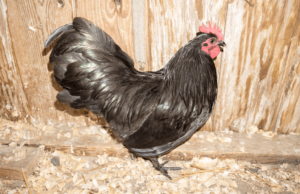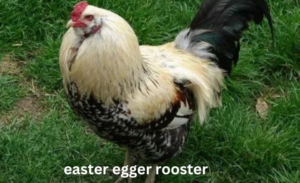
Do Cows Need Their Horns?
The Swiss Perspective
Swiss citizens believe cows should retain their horns, a view supported by research highlighting the roles of horns in aiding digestion and regulating temperature. These findings align with principles of Biodynamic agriculture, a method developed by Austrian spiritual scientist Rudolf Steiner, which emphasizes the holistic and respectful treatment of animals.
Biodynamic Agriculture: A Holistic Approach
Biodynamic agriculture is a holistic farming approach that respects the natural needs of each species, ensuring animal welfare and contributing to the farm’s ecological balance and soil fertility. This philosophy underscores the importance of cow horns, an integral part of a cow’s physiology and social structure.
The Transformation of Calves to Majestic Cows
Newborn calves are fully developed, except for their horns, which begin to grow around three months of age. These horns, initially delicate, become more pronounced and majestic as the cow matures. Throughout a cow’s life, the horns continue to grow, serving as a symbol of strength and beauty.
Horns and Social Hierarchy
In a herd, cows establish a social hierarchy, with horns playing a crucial role in this dynamic. As cows mature, their horns contribute to their social standing within the herd. A cow with horns exudes pride and authority, using subtle movements to communicate and maintain social order.
Respecting Natural Growth
Biodynamic farming advocates for allowing animals to grow naturally, including retaining their horns. Properly designed stables and equipment are essential to accommodate horned animals, ensuring the herd’s social balance remains intact.
Consequences of Dehorning
Dehorning, often done for economic reasons, can lead to behavioral issues in cows, such as increased nervousness and aggression. Removing horns reduces the space needed for housing cows, thereby lowering costs. However, this practice disrupts the cow’s natural state and can cause long-term issues.
The Economics vs. Ethics of Dehorning
Rationales for Dehorning:
- Prevents injuries to handlers and other cattle.
- Reduces space requirements.
- Simplifies the use of standard equipment.
- Prevents potential horn-related injuries to the cow.
- Minimizes the risk of horns breaking and causing infection.
- Reduces the likelihood of entanglement in fences or vegetation.
Rationales for Keeping Horns:
- Essential for thermoregulation and overall health.
- Enhances self-defense against predators.
- Provides a natural handle for managing the animal.
- Maintains traditional and breed-specific standards.
- Holds cultural and symbolic significance.
- Facilitates the use of specific yokes for oxen.
- Avoids the time and cost associated with dehorning.
Conclusion
The practice of dehorning, primarily driven by economic considerations, contrasts sharply with the ethical and natural approach advocated by Biodynamic farming. Understanding the significance of cow horns can help balance animal welfare with practical farming needs, ensuring cows can live naturally and healthily.

